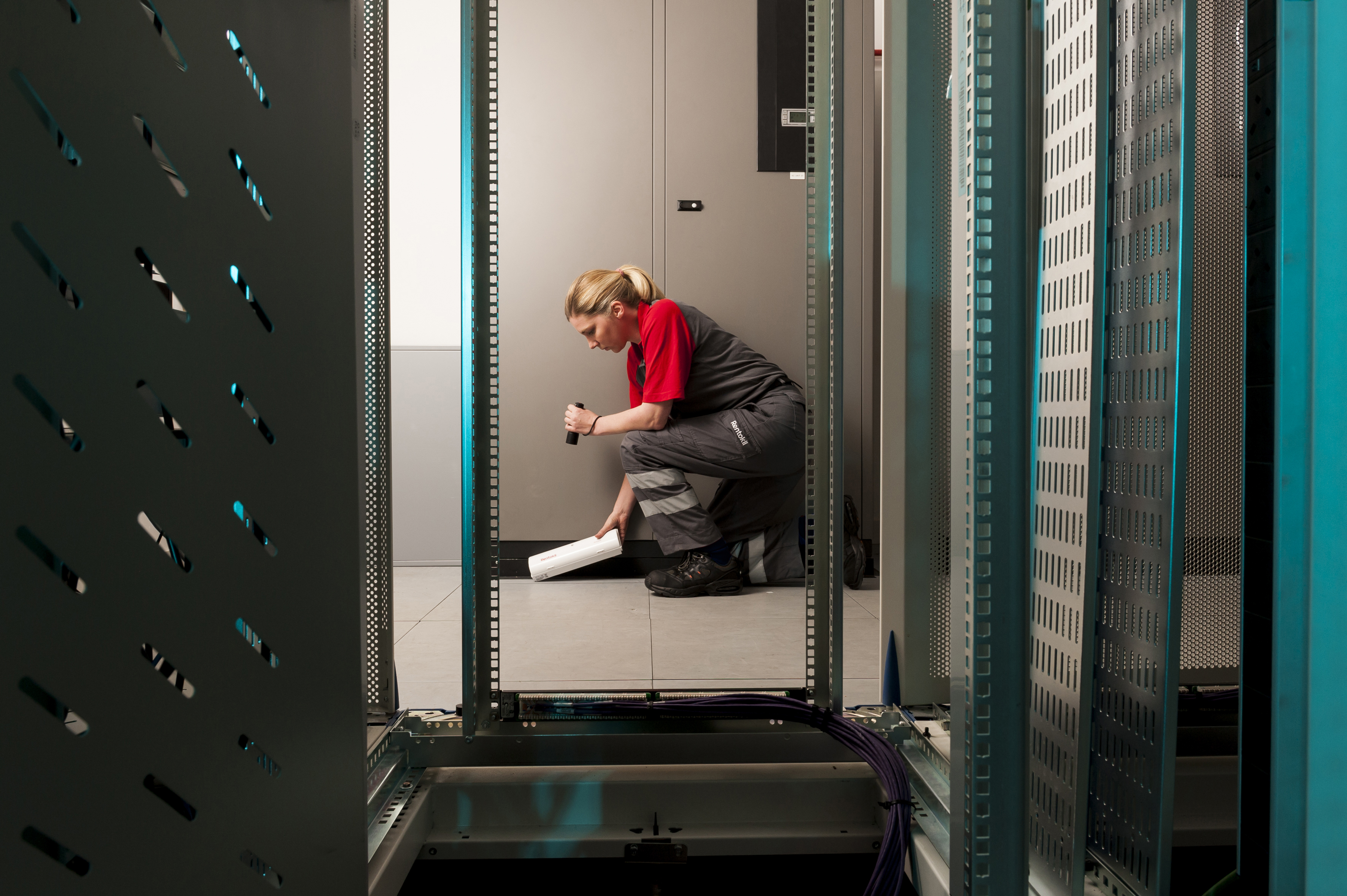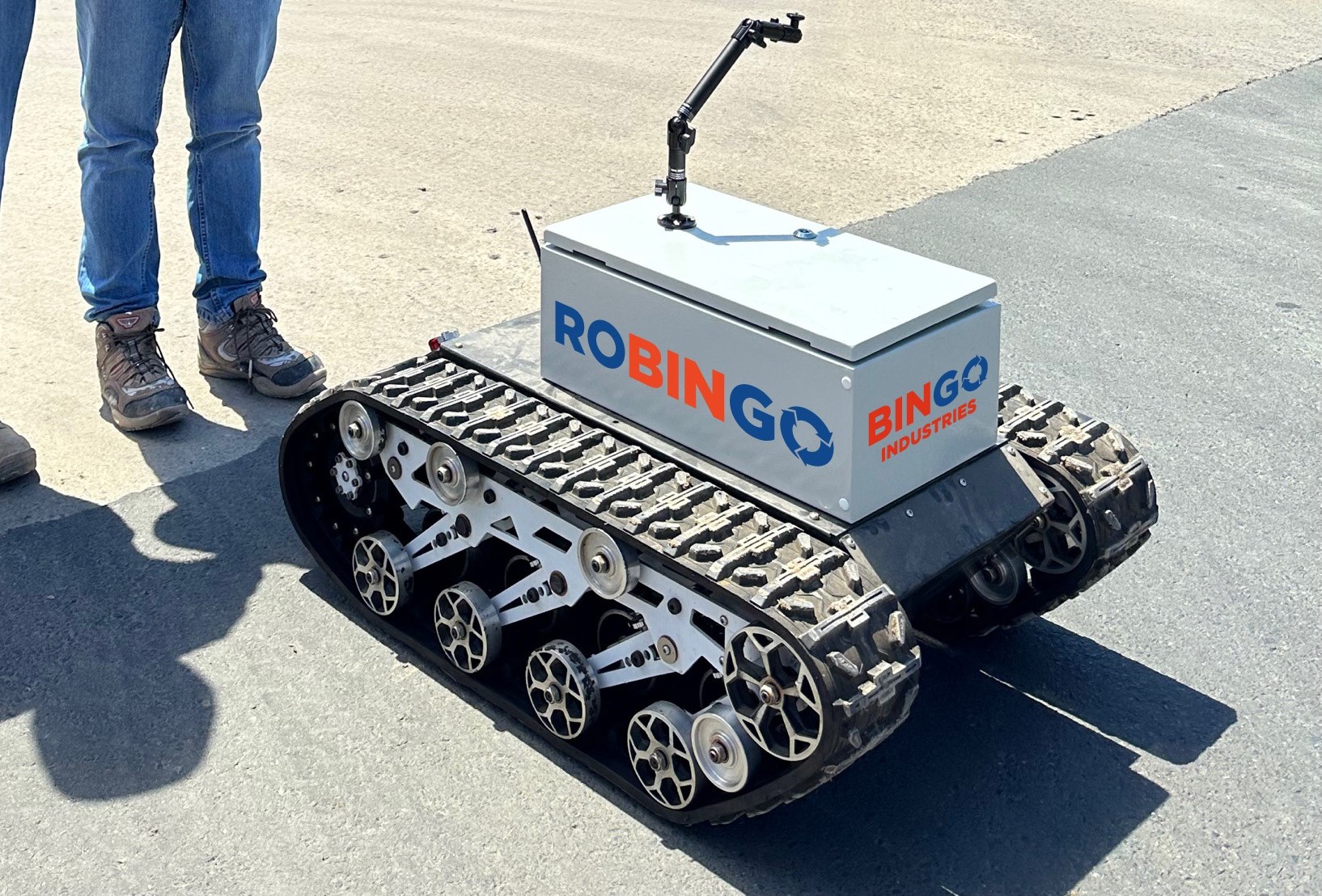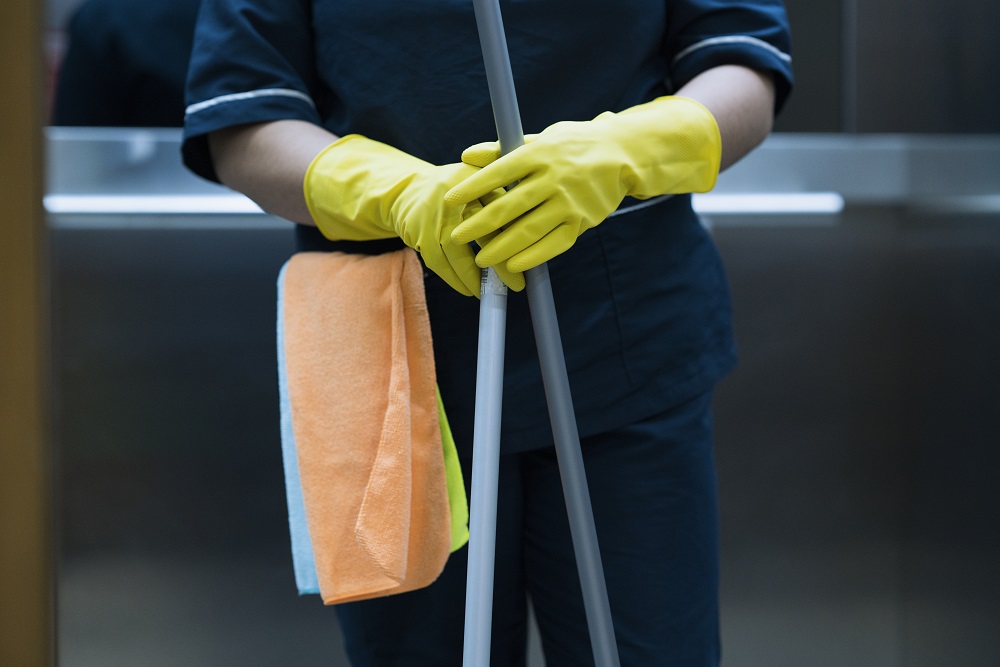
Rentokil Initial has announced it will introduce machine learning and AI automation to its pest monitoring units.
Pests cost the Australian economy billions each year[1] and pose a huge risk for businesses, with recent research revealing that pests have cost two thirds (67 per cent) of Australian business through loss of revenue, reputational damage or damaged produce[2].
To improve effectiveness of pest control solutions, Rentokil Initial’s PestConnect devices, which currently detect pest activity through sensors, will be upgraded and supported by inbuilt cameras.
These cameras will recognise pest behaviours and any other factors impacting pest activity to provide technology-driven insights.
‘Pest futurist’ and lead of internet of things vision at Rentokil Initial, Andrew Taylor, said the technology will modernise the face of pest management services by offering a new way to control pests, instead of traditional methods such as blanket spraying.
“While evolving technology and AI systems have revolutionised most Australian industries, pest services have largely relied on traditional, manual methods, with varied success. Over the past decade, we’ve focused on developing pioneering technology that will change the way we manage pests, providing an efficient and sustainable solution to manage every pest problem.
“The more data we have, the less time we need to figure out the issue, and with machine learning enabling us to filter out the ‘white noise’ and remove false positives, we can work more efficiently to control pest activity.”
Pest infestations are devastating for Australian businesses
As well as endangering the nation’s native species, insufficient pest control can cause significant damage to business production.
Recent research conducted by Lonergan and Rentokil Initial showed that more than two in five (43 per cent) business leaders that had a pest infestation had production delays, with 41 per cent businesses even having to close down while undertaking pest control.
Matt Jones, service innovation and development manager, Rentokil Initial, said business closures can have a significant impact on business revenue and staffing, which are avoidable through adequate pest control systems.
“Australia is home to a wide variety of insects and other pesky creatures that can wreak havoc when not properly managed, particularly in the food services and production industries,” Jones said.
Australians unlikely to return to a business after a pest sighting
Rentokil Initial’s study indicates that Aussies are increasingly concerned about pests, with 78 per cent saying they’re worried about finding them in their food or at their workplace.
Additionally, pest sightings are a deal breaker for most Aussies, with 51 per cent stating they’d never go back to a café or restaurant after spotting a creepy crawly.
“No one wants to find a cockroach in their salad or a bug in their favourite snack, and a pest sighting, especially in a restaurant or café, will undoubtedly impact profits as well as reputation, as consumers aren’t shy about talking about their experiences on social media,” Jones said.
The research confirmed that a quarter (25 per cent) of business leaders who had a pest infestation found it had a negative impact on their reputation or brand, and this number nearly doubles for businesses in the food industry (41 per cent).
“Our philosophy has always been on prevention rather than cure – and this digital system allows us to directly target certain types of pests, therefore reducing the unnecessary use of toxic solutions,” Jones said.
1CSIRO
2 Rentokil Initial commissioned research in July 2023 through independent strategic research
consultancy, Lonergan Research
Comment below to have your say on this story.
If you have a news story or tip-off, get in touch at info@incleanmag.com.au
Sign up to INCLEAN’s newsletter.


